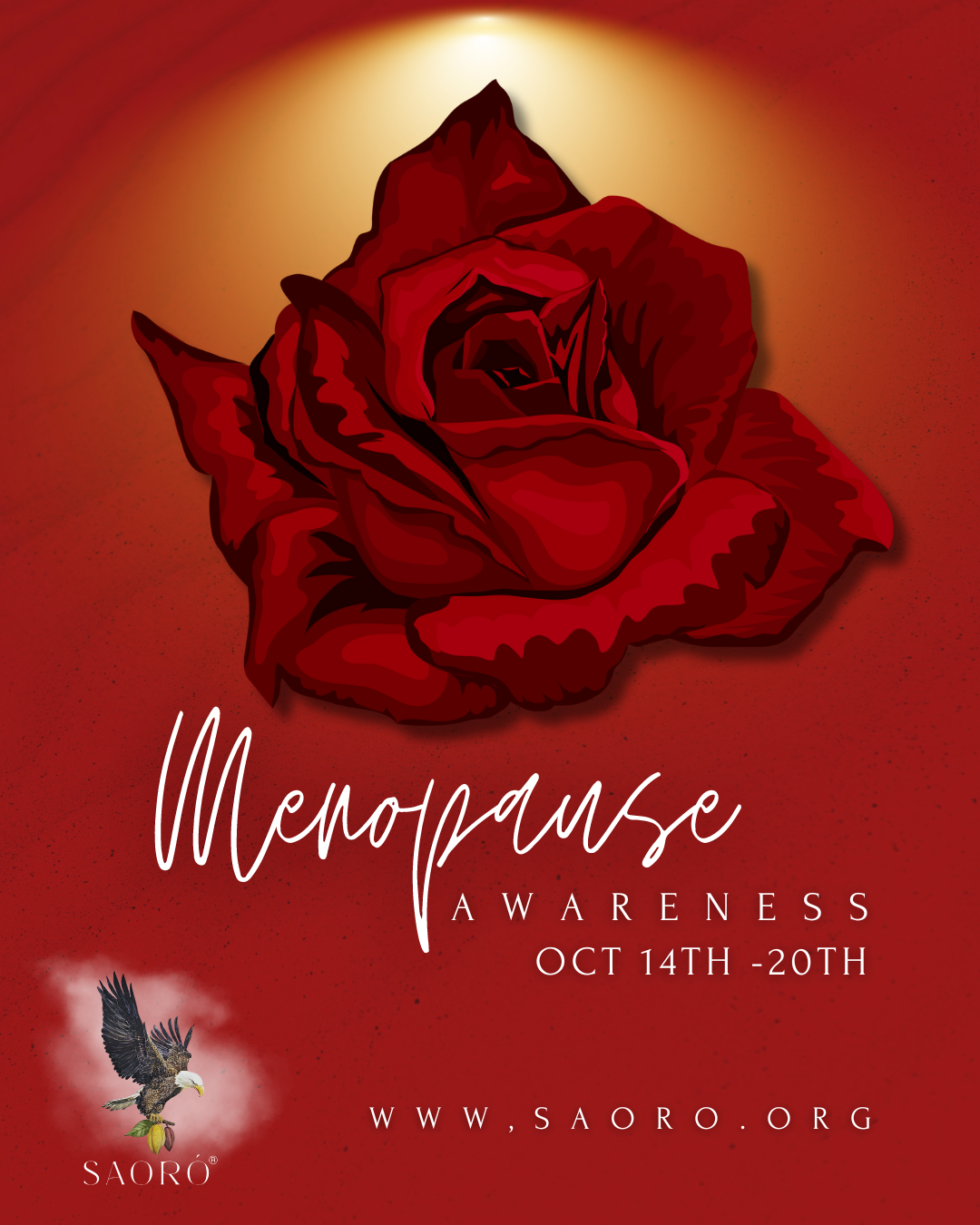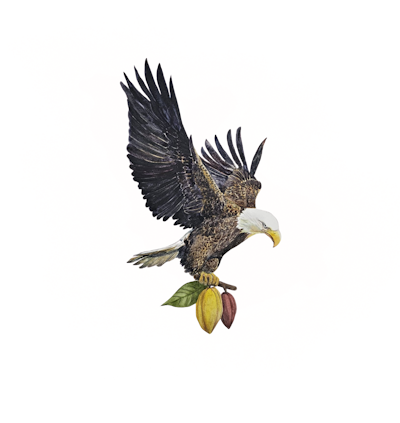
Facing Menopause at 34: Preparing for a Rite of Passage I Never Saw Coming
Growing up in a Catholic primary school, my exposure to sexual education was limited. We learned about anatomy and reproductive basics, but menopause wasn’t even mentioned. I remember seeing older women in my family and community going through “the change,” but I didn’t think much of it—it felt like a lifetime away. Now, as a 34-year-old on the brink of perimenopause, I find myself face-to-face with the reality of menopause, prompted by a statistic that surprised me: 1 in 3 women over the age of 34 will experience symptoms of perimenopause or menopause. Suddenly, menopause didn’t feel so far off; it felt personal.
A Shift in Perspective: Understanding Menopause Symptoms
Learning that menopause could begin in my 30s was a wake-up call. Until recently, I assumed menopause was something you dealt with much later. The women around me—friends, family, colleagues—seemed to loathe the symptoms they were experiencing: mood swings, hot flashes, and sleepless nights. I felt a mix of dread and curiosity. If this was going to happen to me soon, I wanted to understand it better and prepare as much as possible.
I reached out to some amazing Irish mentors and friends who had been through it. They gave me a wealth of knowledge and support, shifting my view of menopause from something to fear to something I could manage, even embrace.
Coping Naturally: Yoga, Homeopathy, Nutrition, and Mental Health
Through conversations with these women, I began to understand that there are various ways to approach menopause, and many of them are natural, supportive practices rather than medical interventions alone.
- Homeopathy: Some women I spoke with swore by homeopathy to balance emotions and calm physical symptoms. Remedies like pulsatilla and sepia are commonly used for menopause and perimenopause symptoms. It was refreshing to hear that there are gentle options for those who, like me, might want to explore natural solutions.
- Yoga: Another recommendation was yoga. Known for its benefits on mental and physical health, yoga can ease symptoms by promoting flexibility, reducing stress, and improving sleep. Gentle poses like child’s pose and restorative stretches can help when your body feels out of balance. Plus, yoga offers a sense of community, which is especially comforting when navigating something as isolating as menopause can feel.
- Nutrition: I also learned that diet plays a huge role in managing menopause symptoms. Foods rich in calcium, magnesium, and omega-3s—like leafy greens, nuts, and fish—can be a natural source of energy and hormonal support. Many women found that cutting back on caffeine and alcohol made a huge difference in their symptoms.
- Mental Health: The women I talked to stressed that menopause affects the mind as much as the body. Therapy, meditation, or even simple journaling can be powerful tools to manage the emotional shifts. Making time for mental health not only lessens stress but also reinforces the idea that menopause is a natural and valid part of life.
Considering HRT: If It’s Right for You, Go for It
Hormone replacement therapy (HRT) came up often in my conversations, and I learned that it’s not a last resort but a choice. For some, HRT can alleviate intense symptoms and provide relief that natural remedies alone can’t. I appreciated this balanced perspective: it’s about finding what works best for you and embracing it without judgment. The key is informed decision-making, free of stigma and tailored to individual needs.
Saoró Cacao: Finding Joy and Health in Life After 40
A more surprising discovery was Saoró Cacao. Rich in antioxidants and magnesium, cacao promotes cardiovascular health and reduces anxiety, making it an excellent addition to daily routines. Many women around me incorporate cacao into small ceremonies as a way of honoring themselves and embracing this life stage. It’s not just about physical health but spiritual wellness too—a reminder that aging is a journey, not a destination.
Menopause as a Rite of Passage
My journey into understanding menopause has led me to reframe it as a rite of passage, something worth celebrating. Menopause marks the beginning of a new chapter—one where we are wiser, bolder, and more unapologetically ourselves. Talking about menopause openly can be liberating and help us shed the stigma surrounding it.
If you’re in your 30s, like me, or if menopause seems like a distant reality, I encourage you to think ahead and talk to those who have experienced it. Embrace the journey, knowing that whether it’s natural remedies, HRT, or a mix of both, menopause can be managed and celebrated. Let’s make this transition a time of empowerment, not secrecy—a celebration of our resilience and strength.—
Conclusion: Embracing Change and the Beauty of Grey
Accepting that menopause is on the horizon has been an eye-opening journey. It’s reminded me that aging doesn’t have to be feared but can be embraced as an opportunity for growth and self-discovery. Just as I am learning to welcome this new stage, I am also learning to love the visible changes, like my greying hair, as a natural and beautiful part of who I am becoming.
There is a certain freedom in letting go of society’s expectations about aging and femininity. Embracing my grey hair feels like a celebration of the wisdom that comes with life experience, just as embracing menopause feels like honoring a rite of passage. Aging is a privilege, and by preparing for this stage with intention, I am choosing to celebrate it, not hide it. This journey is as much about taking care of myself physically and mentally as it is about redefining what it means to age gracefully. Here’s to meeting this transition with openness, curiosity, and self-compassion.
Blog Post By Siobhán Ní Mhuirí



